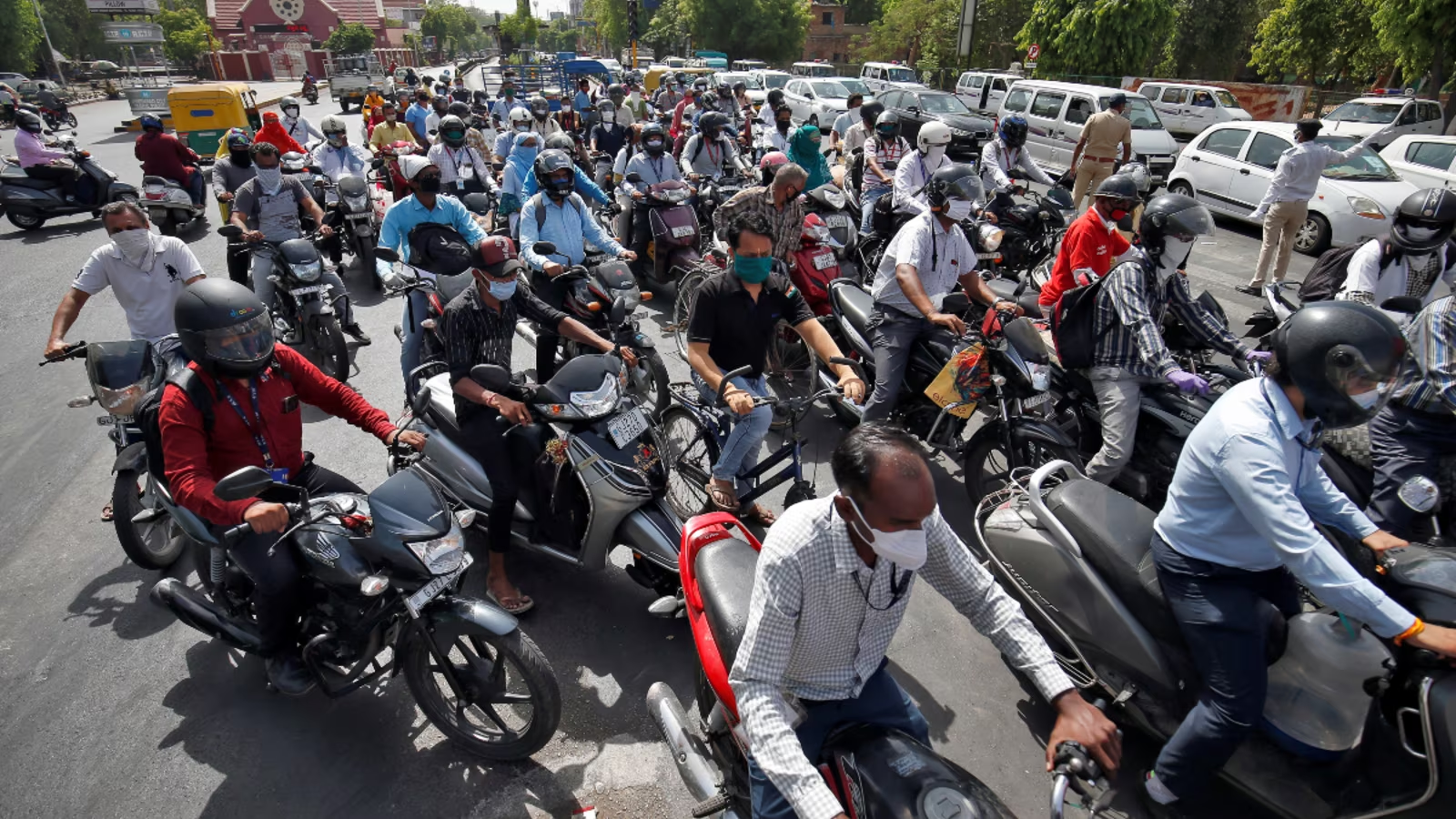
4 min Read
Kickstart Your EV Career Today!
Join Our 3-Day EV Two-Wheeler Course Now and take advantage of our limited-time discount!

4 min Read
Join Our 3-Day EV Two-Wheeler Course Now and take advantage of our limited-time discount!
Latest Insights and Articles
Lay the groundwork for your EV expertise with our 3-day intensive training program tailored for students, scooter owners, and EV enthusiasts.
Don’t miss out! Get exclusive career insights, EV training updates, and expert advice
straight to your inbox.
Quick Links:
Resources:
Contact Us:
120, Office Rd, Telecom Colony, Vayupuri, Sainikpuri, Secunderabad,Telangana 500094
GrowOwn
© 2025 Grow-Own. Crafted with Precision by Qrolic Technologies